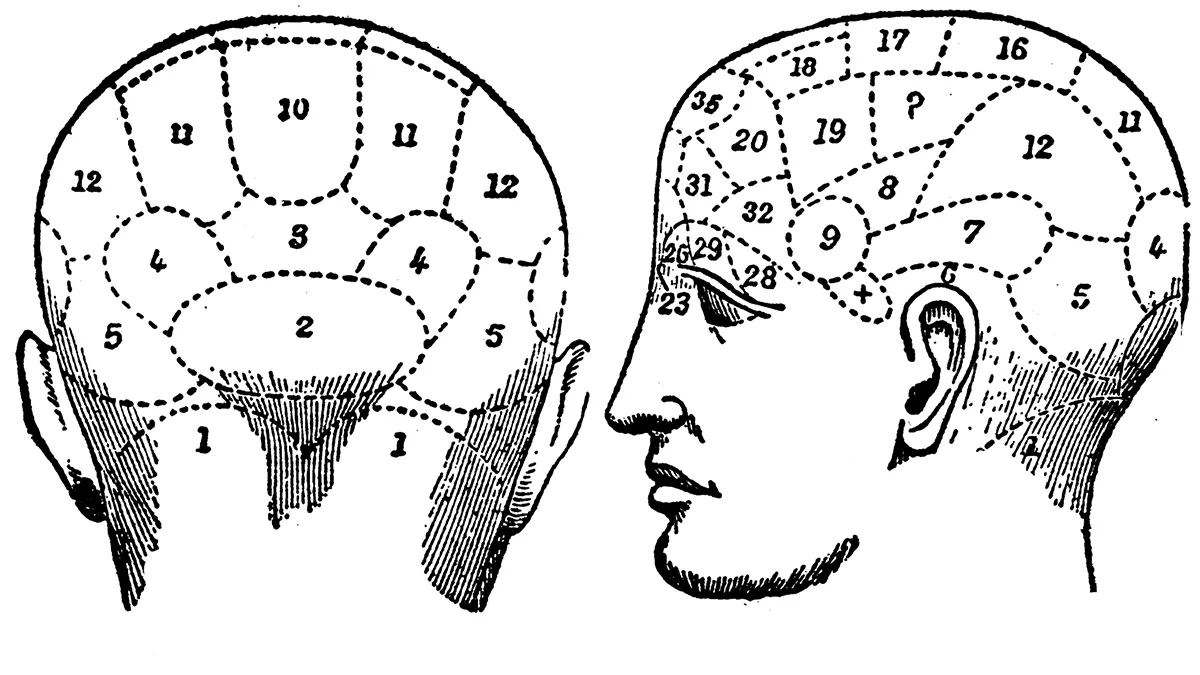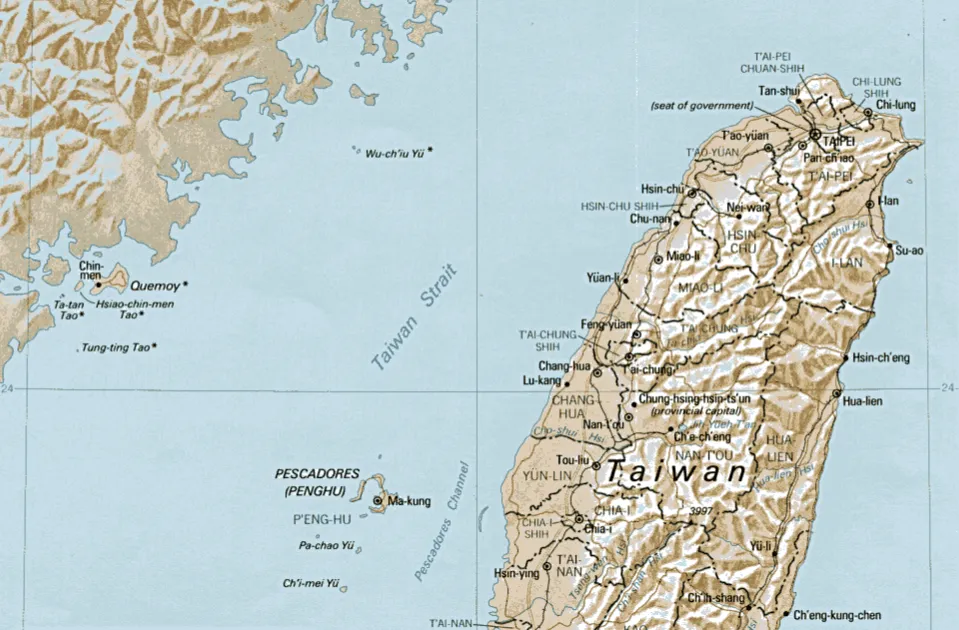Table of Contents
Walter Gratzer’s The Undergrowth of Science is a remarkable and disturbing book which shows the depth of delusion and self-deception that plagues even the scientists. Science may be the most rigorous tool yet developed by humans for understanding the natural world, yet even it is not immune to human fallibility.
One of the biggest threats to good science is when its fundamental tenet of universalism is over-ridden by ethnic vanity. Gratzer devotes a chapter to the creep of nationalism and racial prejudice in scientific literature in the lead-up to and during the First World War. Germany and France especially touted spurious notions of the relative superiority of “German science” and “French science”. The later antipathy of the Nazis to “Jewish science” is well known, and probably fortuitous, as it may well have crippled Nazi efforts to develop an atomic bomb. The Lysenkoists’ obsession with “Bourgeois” versus “Marxist” science likewise crippled Soviet biology for generations (and certainly contributed to calamities like the Holomodor and the Great Leap Forward).
So it should be regarded with deep foreboding that contemporary science bureaucracy is trying to revive the spurious notion of “ethnoscience”.
Science lecturers at the University of NSW are being urged to promote a course in “ethnoscience” and “the science of indigenous knowledge”.
“In this course students will explore the history, philosophy, theory, and methods of Western science and ethnoscience,” the course outline says.
New “classroom inclusivity guidelines” for the UNSW science faculty, signed off by science dean Emma Johnston, tell lecturers to “highlight” to students the ethnoscience course offered by Nura Gili, the university’s centre for indigenous programs.
This runs counter to one of the most fundamental tenets of science: universalism. What has made science so successful is that it systematically rejects arguments made from authority and racial or cultural prejudice. Identity is irrelevant to the process by which a scientific claim is judged.
The Springer Encyclopaedia of Science Education defines ethnoscience as “a one-word conundrum, since its two parts — “ethno” and “science” — are in tension, if not outright opposition”.
“Science is culture-free by definition: science claims to be universal knowledge, which applies equally everywhere. The prefix ‘ethno’ has the meaning of ‘cultural’, so the word ‘ethnoscience’ literally means ‘cultural science’. This notion of ‘cultural science’ flouts the criteria of science and is denied by most working scientists.”
…Asked whether the indigenous knowledge course was at odds with science that transcends culture, the UNSW spokeswoman quoted from the outline for the course, saying it “provides a framework for students to explore the development of science in Western and indigenous contexts”.
This is nonsense, of course. There is no “development of science in indigenous contexts”. Science only developed in the Western context. Other cultures may have produced “science-like” approximations and haphazard observations that occasionally correlate with scientific knowledge, but science is a purely Western concept.
In fact, as physicist Paul Davies points out, it is probable that science would never have developed in any other culture. The West developed science from a synthesis of Greek philosophy and Arab mathematics in the crucible of peculiarly Judeo-Christian concepts of linear time and the monotheistic worldview of a cosmic law-maker. “Suppose an asteroid had hit Paris in 1300 and destroyed European culture,” Davies say. “Would science ever have emerged on Earth? I have never heard a convincing argument that it would.”
The extraordinary wonder of science, though, is that a Western invention is so universal.
Evolutionary biologist Madeleine Beekman, of Sydney University, said: “Science should be race, region and sex-blind. Obviously the kind of questions asked are sometimes influenced by other factors, but science has a method, the scientific method, that should not be influenced by other factors,” Professor Beekman said.
“We cannot have a course on Western civilisation, but we should teach indigenous science?”
theaustralian
And there’s the nub of the matter: modern academia is relentlessly hostile to the West. Academics not only shriek and faint at the very thought of a course teaching Western civilisation, but try to subvert perhaps its crowning achievement – science – to the academic idiocies of identity politics and fashionable left-wing racism.






